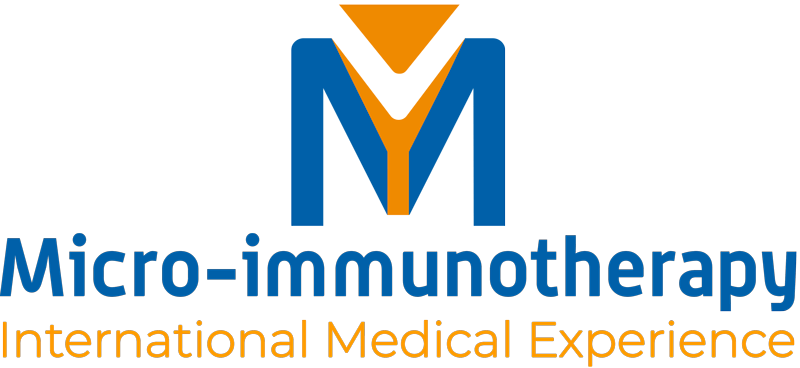What is stress?
According to its scientific definition, stress is the:
“Pattern of specific and non-specific responses an organism makes to stimulus events that disturb its equilibrium and tax or exceed its ability to cope”
(Gerrig and Zimbardo, 2002).
In other words, it is an individual’s subjective perception rooted in the gap between the demands he or she has to meet and the physical and psychological resources available to do so.

Eustress usually corresponds to acute stress, while distress develops into chronic stress.
Stress, a “full-body experience”
It is widely known that the brain has a great influence on general health and stress in particular. In recent years, numerous studies have examined the complex relationship between the brain and the central pillar of health: the immune system. There is even a medical field called psychoneuroendocrinoimmunology (PNEI) studying the interaction between psychological processes and the nervous and immune systems. As a result, it has been possible to progressively understand the physiological foundations of this interplay and transform our understanding of medicine accordingly. (Discover more on our patient brochure: Micro-immunotherapy & psyco-emotional balance)
In recent years, PNEI researchers have uncovered some of these biochemical interactions between the immune, the nervous and the hormonal systems. It has been found that:

The effect of stress on the immune system varies depending on its type and duration. Both acute and chronic stress alter immune function, although in different ways:
Acute stress:
- Promotes the non-specific defence mechanisms (innate immunity)
- Temporarily impairs the specific immune response (adaptive immunity).
In chronic stress,
- Both types of immunity are impaired.
Stress & Infections
Why do we fall ill more frequently in situations of chronic stress?
The lowering of defences caused by chronic stress makes it easier for viruses, bacteria and germs to bypass host defence mechanisms. However, not only does chronic stress increase the risk of acute infections, but it can also bring on:

Moreover, chronic stress can slow down healing processes (e.g. wounds heal slower).
Micro-immunotherapy: Immunoregulation to prevent the effects of chronic stress
Chronic stress is a dysregulating factor which brings various body systems out of balance, including the immune system. As an immunoregulatory approach, micro-immunotherapy provides support on an immunological, hormonal and neuronal level. Through the administration of immune messenger substances in low doses, it brings the various systems back into balance, counteracting the proinflammatory effect of chronic stress and supporting the body’s own capacity for self-regulation.
The objectives of micro-immunotherapy in chronic stress are the following:

- Tian R, Hou G, Li D, Yuan TF. A possible change process of inflammatory cytokines in the prolonged chronic stress and its ultimate implications for health. ScientificWorldJournal. 2014;2014:780616.
- Sommershof A. et al. Substantial reduction of naïve and regulatory T cells following traumatic stress. Brain Behav Immun. 2009 Nov;23(8):1117-24.
- Gouin JP and Kiecolt-Glaser JK. The impact of psychological stress on wound healing: methods and mechanisms. Immunol Allergy Clin North Am. 2011 Feb;31(1):81-93.
- Reed RG, Raison CL. Stress and the Immune System. Environmental Influences on the Immune System. Springer. 2016. ISBN : 978-3-7091-1888-7.
- Gerrig RJ and Zimbardo PG. Psychology and Life, 19th Edition. Pearson. 2010. ISBN: 9780205685912.
- Butcher, S. K. & Lord, J. M. Stress responses and innate immunity: aging as a contributory factor. Aging Cell 3, 151–60 (2004).
- Graham, J. E., Christian, L. M. & Kiecolt-glaser, J. K. Stress, Age, and Immune Function: Toward a Lifespan Approach. 29, 389–400 (2010).
- Mariani, E. Different rates of telomere shortening and telomerase activity reduction in CD8 T and CD16 NK lymphocytes with ageing. Exp. Gerontol. 38, 653–659 (2003).
Are you a healthcare professional? Haven’t registered to our Professional Area yet?
If you are a doctor, a member of a specialist medical group or a therapist take this opportunity to request free and non-binding access to our professional area and enjoy additional content. Access to our online media library and access specialised content on micro-immunotherapy to counteract the effects of chronic stress
Discover more about micro-immunotherapy for the treatment of infections by contacting us at micro-immunotherapy@micro-immunotherapy.com
